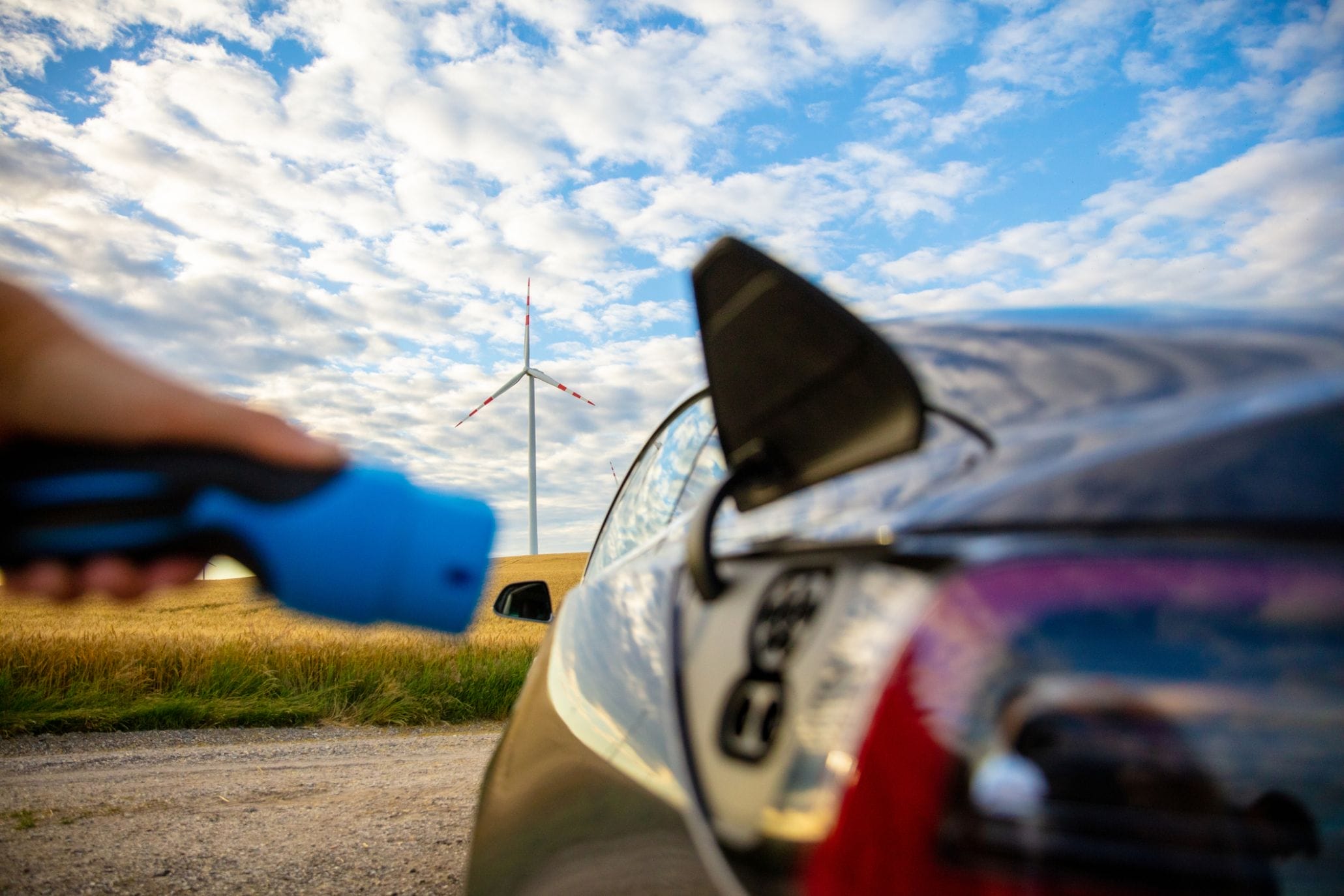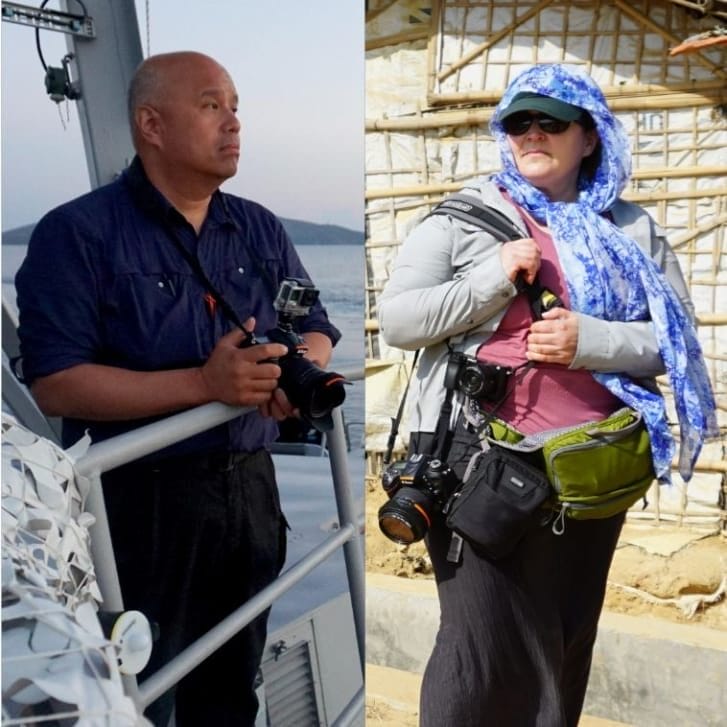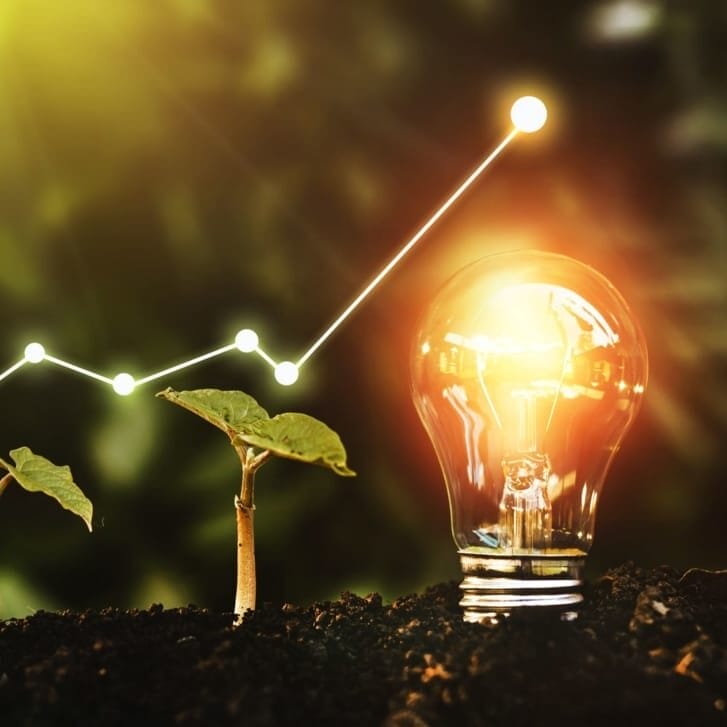More than a decade ago, entrepreneur Marc Andreessen wrote an essay based on the following simple statement: “Software is eating the world.” In this article, Andreessen argued that many of the “new internet companies” at the time would see a period of unprecedented value creation on their runway. Given the 2011 starting point in that now backward-looking essay, Andreessen’s projection seems to have played out as originally conceived. Ubiquitous software platforms have led to the creation of new industries along with the simultaneous disruption of many Industry 1.0 sectors. However, as the software and analytics industries have grown and extended their reach into virtually all operating sectors of the economy, the definition of the word “value” has evolved over time as well. A more holistic approach toward value now extends beyond shareholder return; today, we include new measures of value in our balance sheets, including connections to upstream and downstream ecosystem partners, impacts to communities in which a company operates, social and environmental impact quantification, and responsibility to future generations. Among these parameters, climate is poised to drive future valuations — economic, societal, and environmental — for the decades ahead. In 2022, it is climate, not software, that is eating the world.
If I wrote the statement “Climate is eating the world” in April 2018, July 2021, or even January 2022, the message and takeaway would still be the same as it is today. However, events of the last few weeks have given the world a stark wake-up call, underscoring why this statement carries more gravity, and why accelerating the transition away from fossil fuels towards less-polluting sources to drive economic growth is urgent. It is also timely.
The world has been given not one but two compelling reasons to dramatically accelerate the transition away from a fossil fuel-based economy to renewable energy. First, the Intergovernmental Panel on Climate Change (IPCC) released the second component of its Sixth Assessment Report: Climate Change 2022: Impacts, Adaptation and Vulnerability. This sober assessment of the current state of climate impacts, with contributions from 270 scientists spanning 67 countries, concludes that the climate-induced risks ahead of us are worse than previously thought. The report concludes that climate change driven primarily by anthropogenic activities has already pushed many societal and natural systems beyond the point of adaptation and into the territory of irreversible impacts.
We have heard similar warnings in the past from IPCC and other sources; the message this time is more dire. The anticipated impacts, some of which are already being realized, are not limited to certain geographies, socioeconomic communities, or industrial sectors. The report also states that many of these impacts are now worse than previously thought, and while mitigation is still important, adaptation has taken more prominence.
The dire IPCC report was released shortly after the Russian invasion of Ukraine. There are many complexities associated with this geopolitical conflict; the common thread between the report and conflict is that oil sits squarely at the foundation of the escalating humanitarian crisis. The primary importance of oil revenues to the Russian economy and to the Russian military are intertwined, and current events should serve as a catalyst to decrease the European Union’s broader reliance on Russian oil and natural gas. Many discussions have started to call for an increase in fossil fuel extraction from other non-Russian origins to meet European demand. While this is likely, the measure is also just a short term band-aid. A coordinated and systematic shift away from fossil fuels is the only sustainable path — environmentally, economically and geopolitically.
While these are not easy topics to wrestle with, it is appropriate to use this point in time to double down on the opportunity in front of us. Companies and individuals alike now have the opportunity to occupy the driver’s seat in the renewable energy transition while participating in the largest global economic opportunity the world has seen since the start of the Industrial Revolution.
Climate can, and will continue to, eat the world, but the actions we take as a society now will determine the distribution and severity of the outcomes.
Michael Ferrari is a senior fellow with Wharton Customer Analytics and chief science officer at Engine No.1.


























